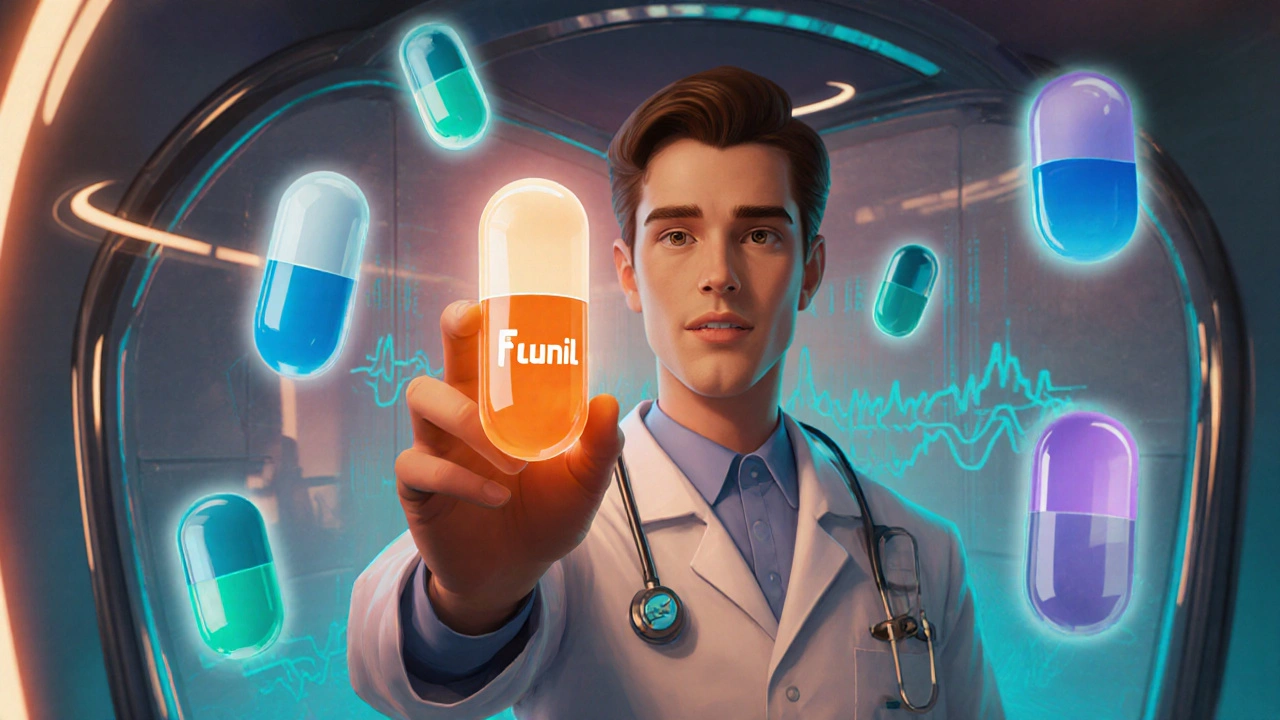Depression treatment: what actually helps right now
Depression feels heavy and confusing. You want clear steps, not vague promises. This page cuts to what helps most: proven treatments, how to pick one, safety tips for medications, and when to get urgent help.
Therapy and behavioral tools
Talk therapy is one of the most reliable treatments. Cognitive Behavioral Therapy (CBT) trains you to spot negative thinking and change habits that keep you stuck. Interpersonal therapy focuses on relationships and role changes that trigger low mood. Even short courses — 8 to 12 sessions — can produce measurable improvement. If in-person therapy isn’t available, look for licensed online therapists or structured digital CBT programs with good reviews.
Practical daily steps matter: set small goals, keep a simple routine, track sleep and activity. Aim for 30 minutes of light exercise most days — it helps mood, sleep, and energy. Use a mood diary for two weeks to spot triggers and progress; bring it to your clinician.
Medications: what to expect and how to stay safe
Antidepressants can be life-changing for many people. Common classes include SSRIs (like fluoxetine) and SNRIs. Expect 4–8 weeks to notice benefits; side effects often appear sooner. If one med doesn’t help, switching or adding another option is normal. There are newer options and adjustments — articles on this site discuss alternatives to fluoxetine and other choices you might talk about with your prescriber.
Watch for specific risks: some drugs require regular monitoring, and certain antidepressants have been linked to higher risks in younger people. Past controversies, such as hidden trial data for some medications, underline why transparency matters. Always get prescriptions from licensed providers and accredited pharmacies. Avoid buying pills from unknown sources — check pharmacy reviews, accreditation badges, and require a valid prescription. Our site has guides on safe online pharmacies and what to watch for.
Combining treatments often gives the best results. Therapy plus medication outperforms either alone for many people with moderate to severe depression. Your doctor may also recommend brief stays in hospital, day programs, or targeted interventions like ketamine for treatment-resistant cases — these are specialist options you should discuss with a psychiatrist.
Special cases: hormonal issues, like secondary hypogonadism, can cause or worsen mood problems. If mood changes started with other physical symptoms (fatigue, weight change, low libido), ask your doctor about hormone tests.
When to seek urgent help: if you have active suicidal thoughts, plan to harm yourself, or can’t care for basic needs, contact emergency services or a crisis line immediately. Don’t wait for the next appointment.
Quick checklist to take to a clinician: a two-week mood diary, list of current meds and supplements, sleep and appetite notes, and any recent life changes. That information speeds diagnosis and helps pick the right treatment fast.
If you want, browse our related articles about medication options, safety tips for ordering prescriptions online, and recent news on antidepressant safety to make smarter choices.


